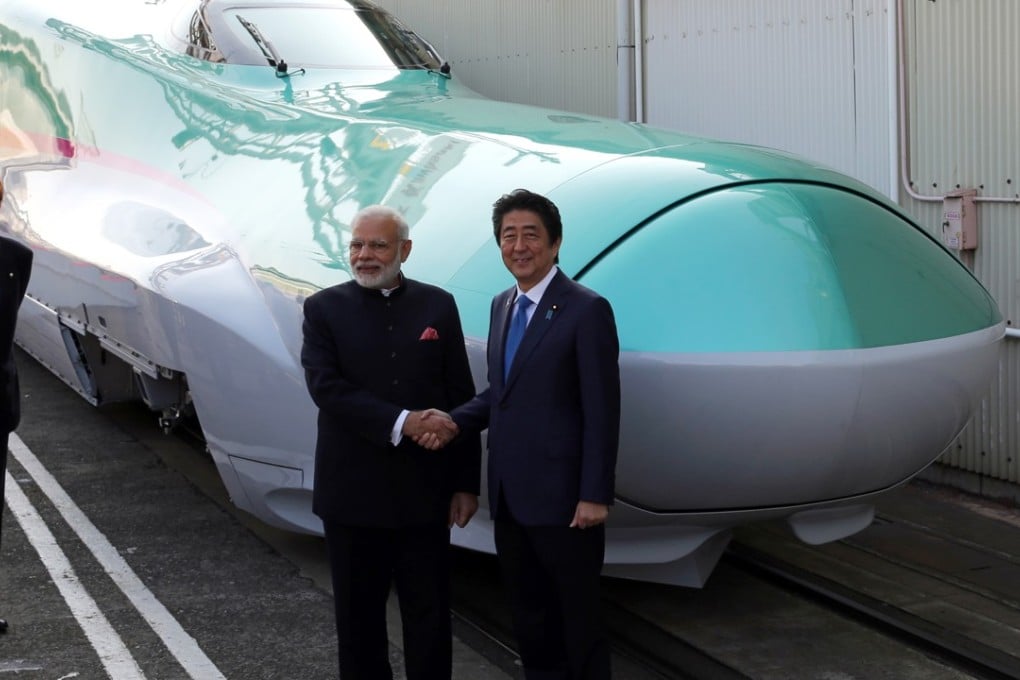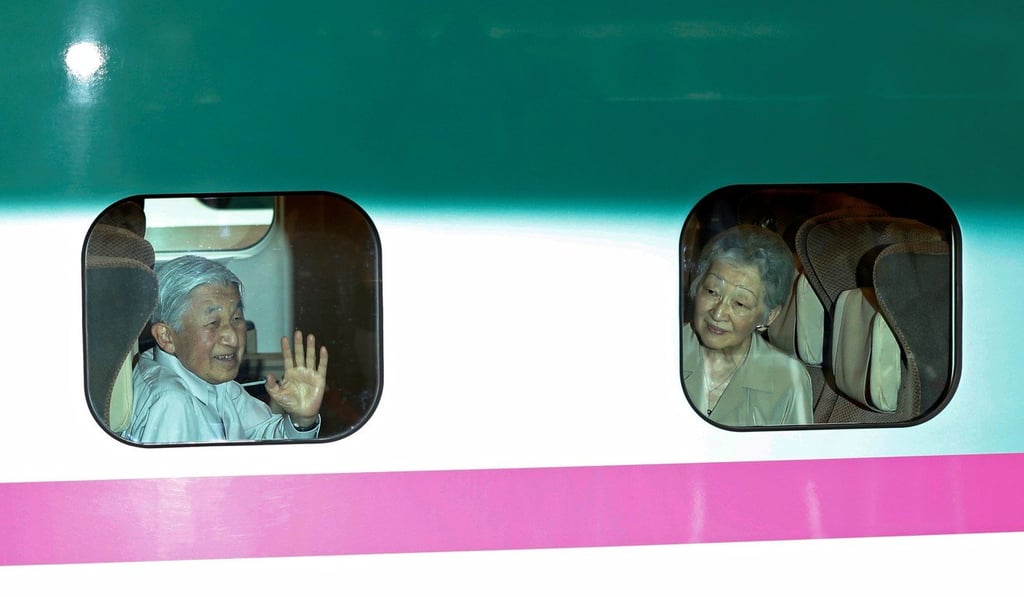Shinkansen: India and Japan’s silver bullet for a rising China
Why the Japanese developed Mumbai-Ahmadabad high-speed rail line is far more than just a bullet train ...

The inauguration this week of India’s first high-speed rail corridor between Mumbai and Ahmadabad, using Japanese technology and financing, has a geostrategic significance that transcends its economic worth. It amplifies the growing closeness between India and Japan at a time when both nations are struggling to find their footing in an Asia being re-fashioned by an ascendant China.
New Delhi and Tokyo have long-standing territorial disputes with China. Both are concerned about Beijing’s deepening economic clout across the region as Chinese investments in infrastructure and connectivity pour in. Within this context the Mumbai-Ahmadabad bullet train embodies the balancing act that India and Japan believe is necessary to prevent Chinese hegemony in Asia.
Perhaps no country is as closely associated with bullet trains in the global imagination as Japan.

Since October 1964, when the first high-speed line reduced the time it took to cover the 552km distance between Tokyo and the commercial centre of Osaka to four hours (today it is down to 2 hours and 22 minutes), the Shinkansen has emerged as the symbol of Japan’s post-second world war metamorphosis into an economic superpower. It encapsulates the archipelago’s engineering might and almost preternatural standards of safety and punctuality. Japan’s Shinkansen have carried more than 10 billion passengers to date, without a single accident or casualty and an average delay of less than one minute.
Yet, despite this admirable track record, Tokyo has struggled to export its bullet train know-how. Before India signed up, Taiwan had been Japan’s only successful sale.